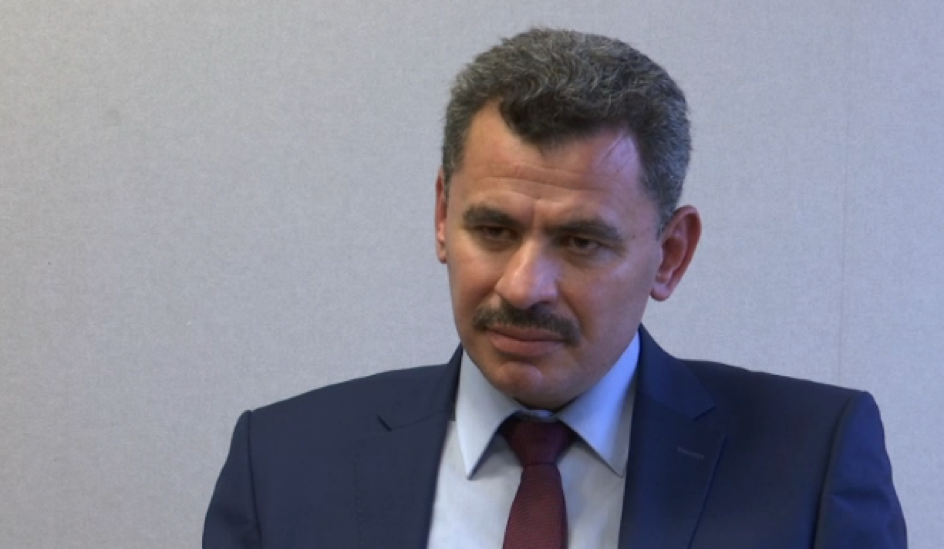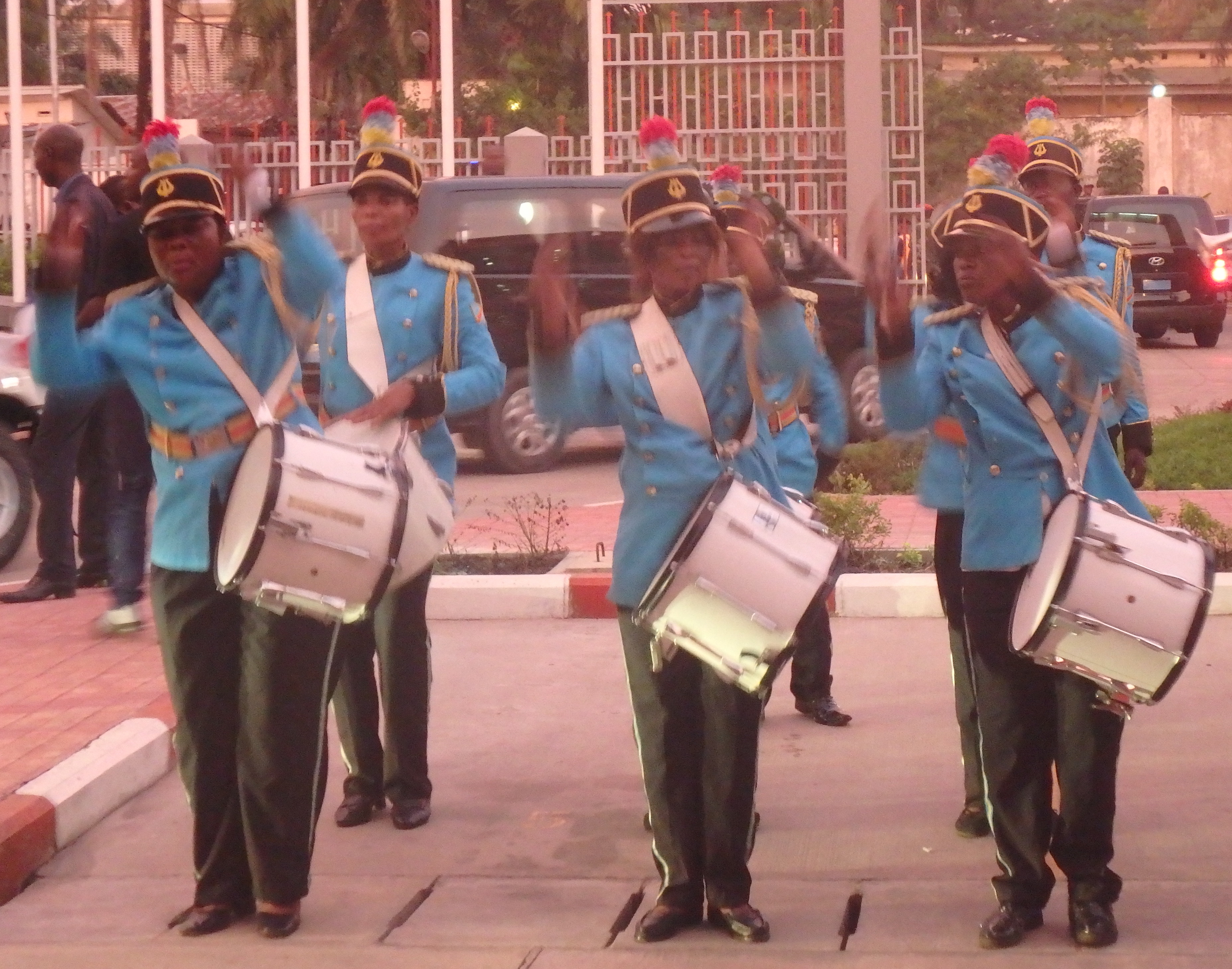The Russian control of power by energy, demonstration
(B2) The Russians, the Ukrainians say yes, say no, to the reopening of the gas, play cat and mouse with the Europeans - and the Czech Republic which occupies the presidency of the EU - for more or less motivations various (read gas, a weapon). To try to understand why this attitude, let's read again the journalist and essayist Thierry Wolton when he describes the takeover by the Russian government of the energy sector - and the way in which it uses it (1). It's interesting, especially in the midst of a (again) gas crisis.
For him, "the millions of tons of oil, gas and various minerals" are an instrument for Russia to regain its "sovereignty" and power - in the same way as military action or demography - according to a well-planned strategy, gradually implemented, with internal and then external control of resources. He quotes Putin who explained during a meeting of the National Security Council in September 2005: “Russia cannot dominate in any field other than energy”. "Yesterday the power of the USSR was based on nuclear deterrence, today the strength of Russia lies in its ability to be able to close the gas and oil taps", adds Wolton.
A planned strategy. (...) In 1996, Putin wrote a thesis on "the strategic planning of the renewal of the mineral base and raw materials of the Leningrad region in the context of the transition to a market economy" at the Mining Institute of St-Petersburg. Inspired by the Rector of the Institute, Professor Vladimir Litvinenko, who became the President's energy advisor (NB not to be confused with Alexander, KGB officer assassinated in London in October 2006 at premium 210). He militates for control of the riches of the subsoil so that Russia is mistress at home and that it can weigh with all its weight in the world: "Hydrocarbons are our main strength and our best argument on the world stage" ( Moscow Times 6 June 2006).
Internal resource control. "To hold all the levers in hand, the Kremlin proceeded in stages: elimination of the troublesome oligarchs, exclusion of the Western majors from the most profitable deposits (BP and Shell for example), control of investments in the sector by the FSB, establishment a network of companies capable of maintaining their rank on the markets
outside (Gazprom, Lukoil, Rosneft, etc.).
External control of resources. "To control the sources of supply and the means of delivery, to put pressure on recalcitrant countries, to promote a new world order, the Kremlin lacks neither the means nor the allies to achieve its ends. The former dominions of the USSR were the first to feel the Russian grip. Ukraine, Georgia, Armenia, Moldavia, Azerbaijan, all were obliged to cede to Gazprom shares of their gas companies or their gas pipeline networks if they wanted to avoid bankruptcy after the untimely rise in prices decided by Moscow." This is the first time. "In a second stage, which is currently taking place, Russia wants to reinforce the dependence of its customers by cutting them off from other possible sources of supply. Turkmen, Kazakh and Uzbek gas, which offered Europe possible alternatives to Russian production, passed without the control of Gazprom, agreements with Venezuela under Chavez and Algeria under Bouteflika pose a threat to oil flows towards Europe (…) Moscow is getting closer and closer to the other nations rich in raw materials in the hope of rallying them under its banner and holding off Westerners in need of hydrocarbons."
Should I comment?...
(NGV)
(1) "The KGB in power, the Putin system" (Ed. Buchet Chastel, January 2008, 236 pages, 19 euros)


